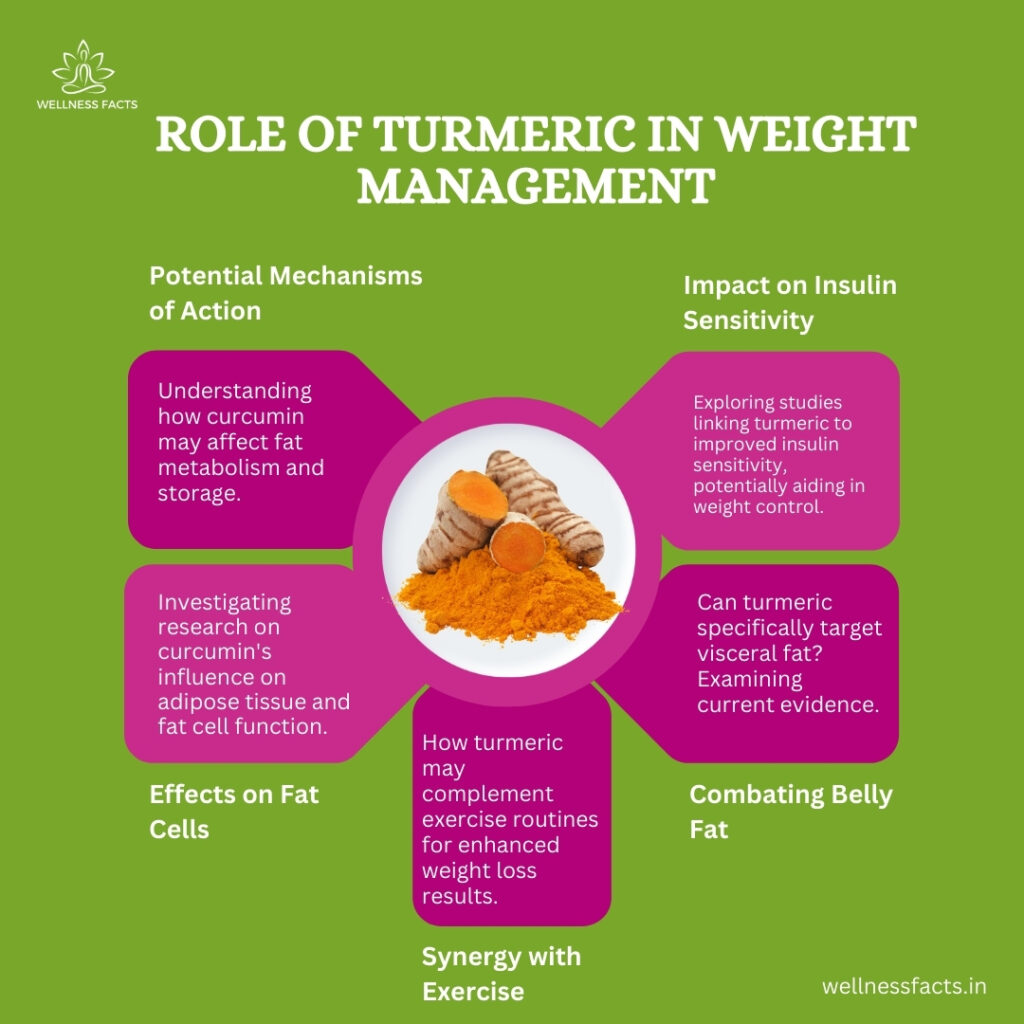Turmeric, hailed for centuries in traditional medicine, has garnered attention in modern times for its potential health benefits, including aiding in weight management. As people increasingly seek natural remedies to support their dietary goals, turmeric has emerged as a promising supplement. But does it truly help with dieting? Let’s delve into what nutrition professionals have to say on this topic.
Understanding Turmeric and Its Active Compound
Turmeric, scientifically known as Curcuma longa, is a bright yellow spice commonly used in South Asian cuisine and traditional medicine. Its active compound, curcumin, is believed to possess antioxidant and anti-inflammatory properties, which may contribute to its health benefits.
The Role of Turmeric in Weight Management

- Potential Mechanisms of Action: Understanding how curcumin may affect fat metabolism and storage.
- Impact on Insulin Sensitivity: Exploring studies linking turmeric to improved insulin sensitivity, potentially aiding in weight control.
- Effects on Fat Cells: Investigating research on curcumin’s influence on adipose tissue and fat cell function.
- Combating Belly Fat: Can turmeric specifically target visceral fat? Examining current evidence.
- Synergy with Exercise: How turmeric may complement exercise routines for enhanced weight loss results.
What Nutrition Professionals Say
While promising, the efficacy of turmeric in dieting isn’t definitive. Nutrition professionals emphasize:
- Supplemental Support: Turmeric should complement a balanced diet and regular exercise regimen rather than replace them.
- Individual Variability: The effects of turmeric can vary among individuals based on factors such as genetics, diet, and lifestyle.
- Scientific Evidence: More research, particularly large-scale clinical trials, is needed to conclusively establish turmeric’s role in weight management.
Incorporating Turmeric into Your Diet
Practical Tips
- Golden Milk: A popular way to consume turmeric is through golden milk, combining turmeric with milk or a plant-based alternative and other spices like ginger and cinnamon.
- Curries and Soups: Incorporate turmeric into savory dishes such as curries, soups, and stir-fries for both flavor and potential health benefits.
- Supplements: Turmeric supplements are available in various forms but consult with a healthcare provider or nutritionist before starting any new supplement regimen.
Conclusion
While turmeric shows promise in supporting weight management through its potential effects on metabolism, appetite regulation, and inflammation, it is not a magic bullet for dieting. Nutrition professionals recommend incorporating turmeric into a balanced diet and active lifestyle for holistic health benefits. As research continues to evolve, consulting with a qualified professional can help personalize its use according to individual health goals. For more tips and advice on maintaining a healthy lifestyle, visit WellnessFacts.
